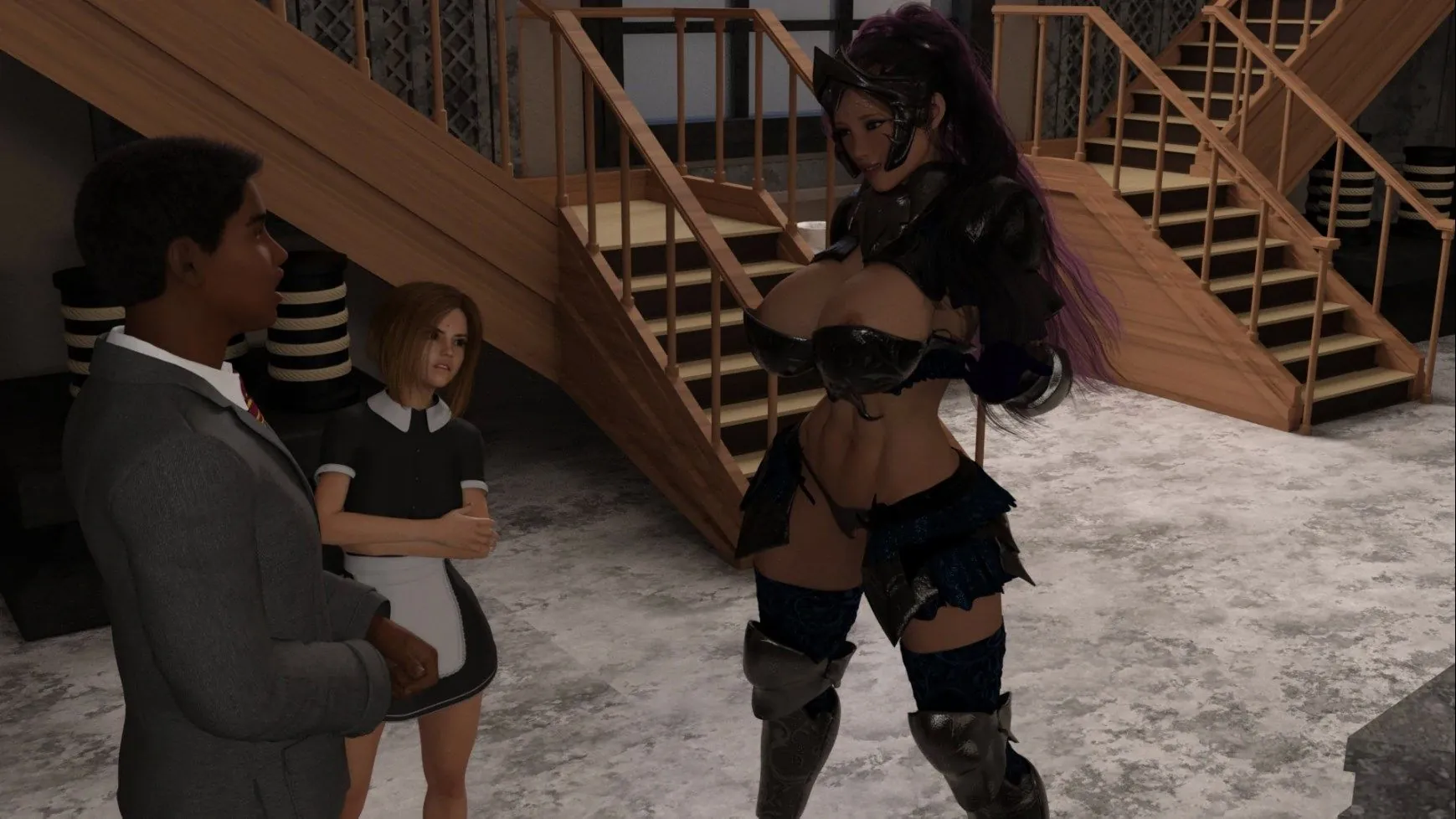
Sylvia
Play Sylvia
Sylvia review
Unraveling the Intricate Storyline and Gameplay of ‘Sylvia’
In the world of interactive storytelling, ‘Sylvia’ stands out with its intriguing narrative and complex character dynamics. Players take on the role of a coder in a high-tech company, navigating relationships and workplace politics. This article delves into the game’s storyline, gameplay mechanics, and the choices that shape the player’s journey.
Chapter 1: Storyline and Character Dynamics
What Drives the Story of ‘Sylvia’? 🎮✨
Picture this: you’re stuck in a soul-crushing office job, your inbox is a nightmare, and your boss just assigned another last-minute project. Sound familiar? Now imagine that tension wrapped into a gripping game where every choice matters. That’s Sylvia for you—a narrative powerhouse that blends workplace relationships in games with raw, relatable drama. The Sylvia game storyline hooks you from the start, throwing you into the shoes of Sylvia Torres, a mid-level marketing exec navigating corporate politics, personal betrayals, and her crumbling mental health.
What makes this story tick? It’s all about ethical dilemmas in gaming. Early on, Sylvia discovers her colleague, Lea, is stealing credit for her ideas. Do you confront Lea? Stay silent to keep the peace? Or sabotage her? I tried playing “nice” once—big mistake. The game’s AI adapts, and Lea became my office nemesis, spreading rumors that locked me out of promotions. 😤
| Choice | Short-Term Impact | Long-Term Consequence |
|---|---|---|
| Confront Lea | Temporary respect from team | Hostile work environment |
| Stay Silent | Peaceful workflow | Career stagnation |
| Sabotage Lea | Quick promotion | Guilt-driven story branches |
The brilliance? Sylvia gameplay mechanics turn mundane office tasks into high-stakes drama. Even replying to emails feels tense when your tone could alienate allies. It’s like The Office meets Black Mirror—with a dash of existential dread.
Character Relationships: A Key to Progression 💼❤️
Let’s talk about character dynamics in Sylvia. Every interaction shapes Sylvia’s world, from her toxic boss (who’s basically a caffeine-powered dictator 🦖) to her work bestie, Marcus, who hides his own agenda. The game forces you to ask: Who’s using whom?
Take Sylvia and Lea. Their rivalry isn’t just petty—it’s a survival dance. In my first playthrough, I trusted Lea blindly. Bad move. She used my ideas to climb the ladder, leaving Sylvia stuck in a dead-end role. But in another run, I teamed up with her strategically, creating a frenemy dynamic that unlocked hidden story arcs.
Pro tip: Pay attention to non-verbal cues. Lea’s eye-rolls or Marcus’s nervous laughter often hint at their true motives before dialogue options appear.
Here’s where interactive storytelling games shine: relationships aren’t just cutscenes. They’re tools. For example:
– Building trust with Marcus lets you access confidential files
– Antagonizing your boss risks burnout (which literally affects Sylvia’s in-game stamina)
– Romance options? They exist, but don’t expect fairy tales. Flirt with the CEO’s assistant, and prepare for HR chaos. 💔
Navigating Workplace Ethics and Personal Life ⚖️🌪️
Ever had to choose between a friend’s career and your own? Sylvia weaponizes that guilt. One pivotal moment forced me to either expose Lea’s plagiarism or protect her to preserve team morale. I picked “expose,” and wow—the fallout was brutal. The team fractured, projects failed, and Sylvia’s anxiety spiraled.
This is where the Sylvia game storyline outshines other workplace relationships in games. It doesn’t preach “right” answers. Instead, it asks: What are you willing to lose?
Ethical choices also bleed into Sylvia’s personal life. Skip a family dinner to meet a deadline, and her sister stops returning calls. Prioritize self-care, and your boss labels you “uncommitted.” The game mirrors real-life burnout culture so well, I had to pause once—it hit too close to home. 😅
| Dilemma | Professional Consequence | Personal Consequence |
|---|---|---|
| Cover for Lea’s mistake | +Team loyalty | -Trust with family |
| Report unethical client | -Job security | +Self-respect |
Why This Matters 🏆
In a sea of shooters and fantasy RPGs, Sylvia dares to ask: Can spreadsheet drama be thrilling? (Spoiler: Absolutely.) Its Sylvia gameplay mechanics turn mundane choices into emotional landmines, while character dynamics in Sylvia reflect how real workplaces operate—messy, political, and deeply human.
Whether you’re here for the story or the strategy, Sylvia redefines what interactive storytelling games can achieve. Just be warned: After playing, you’ll side-eye your next Zoom meeting very differently. 😉
Final thought: There’s no “perfect” ending—only honest ones. And that’s what makes this Sylvia game review a glowing recommendation.
In conclusion, ‘Sylvia’ offers a unique blend of storytelling and gameplay, challenging players to navigate complex relationships and ethical dilemmas. By exploring these elements, players can gain a deeper understanding of the game’s themes and mechanics. If you’re interested in interactive narratives with deep character development, ‘Sylvia’ is certainly worth exploring.









